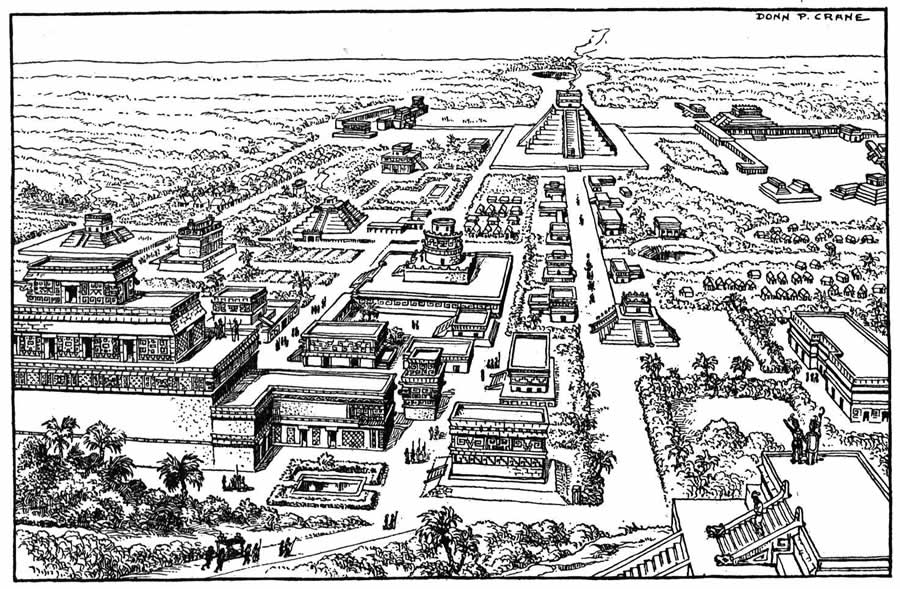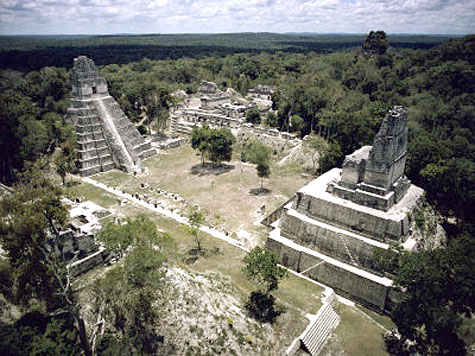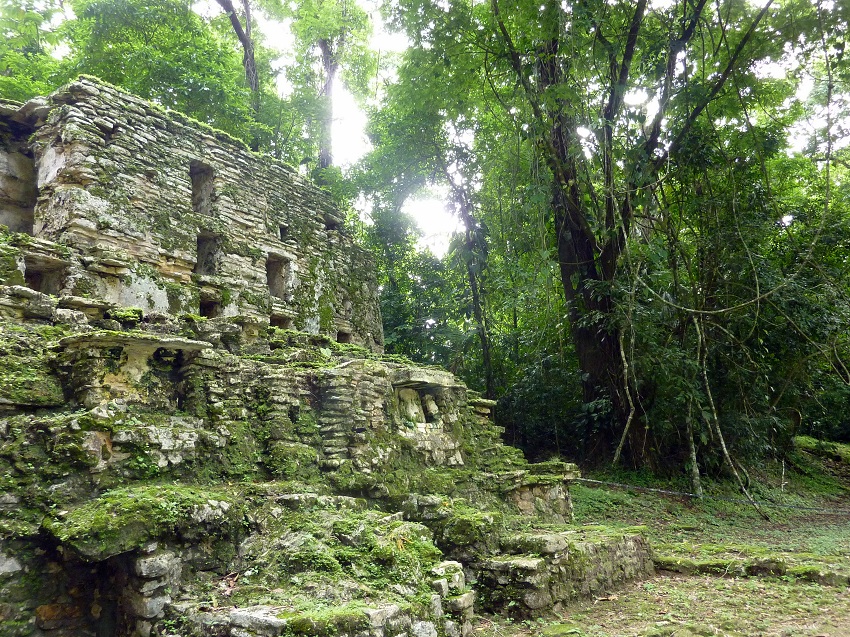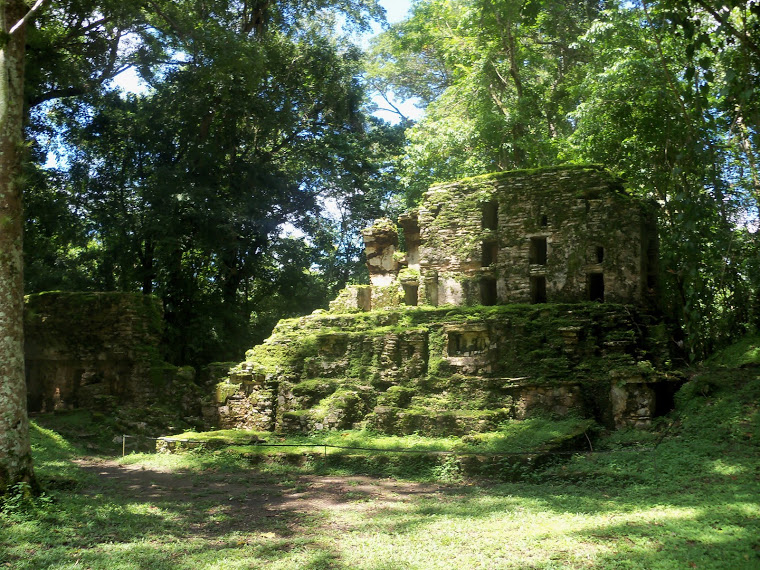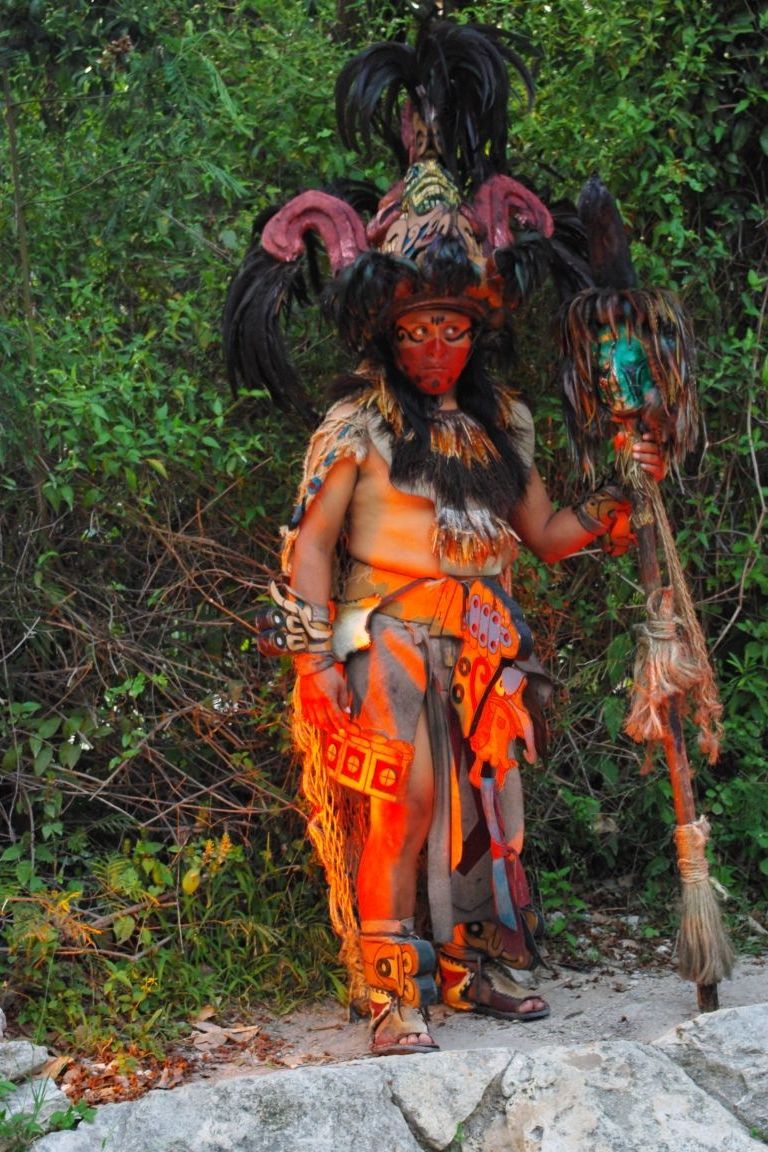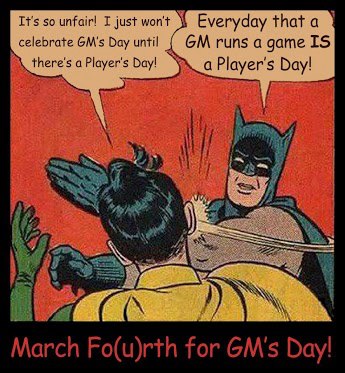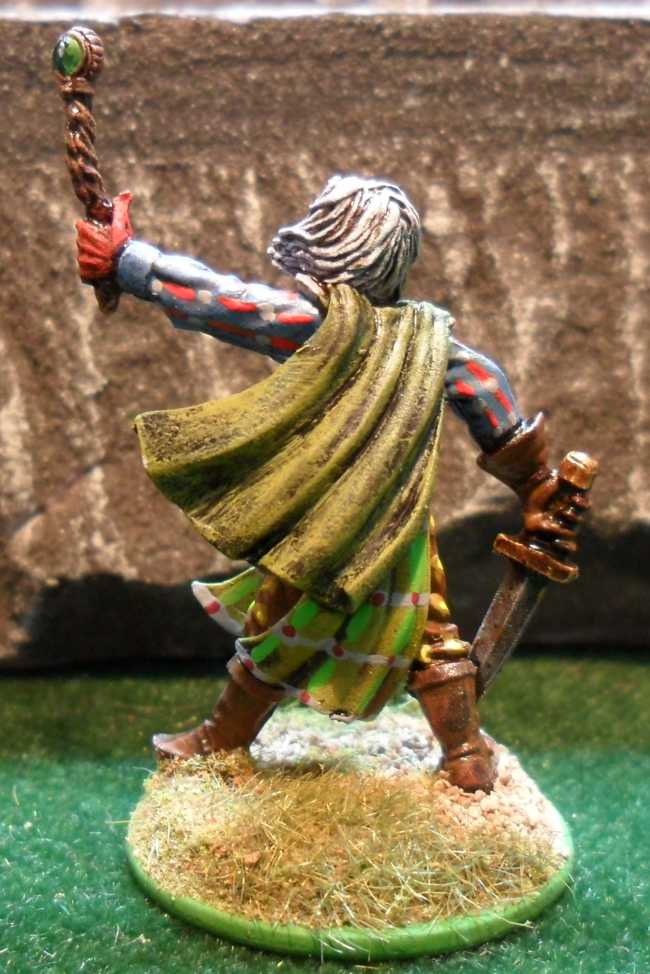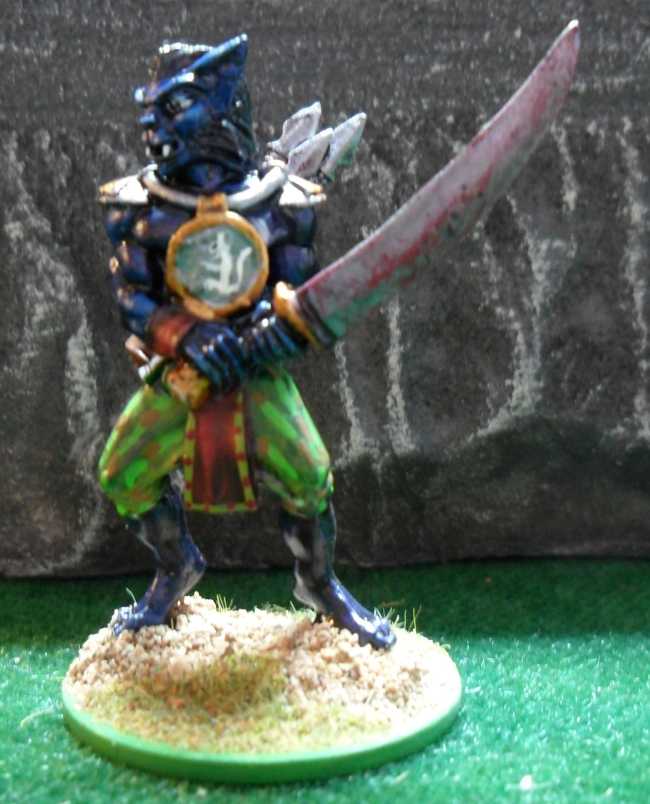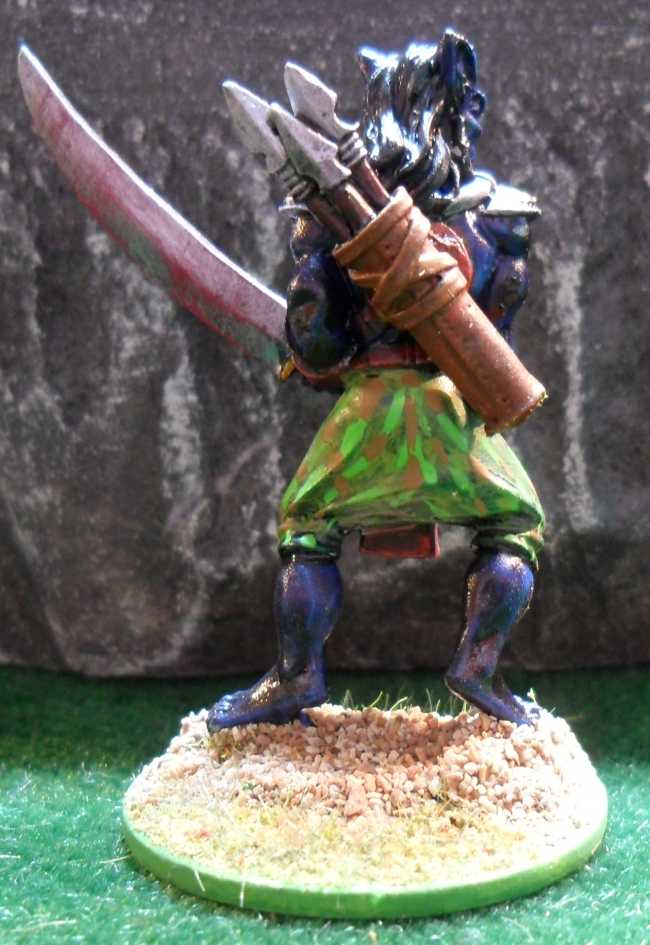I have been asked a lot of questions about slavery in NeoExodus. Often enough that I had to sit back and think about it. LPJ and I talked about this delicate subject.
There are two types of "main" types of slavery and both must be differentiated. The first is indentured servitude where someone willingly - or is compelled through legal ways - surrenders his liberty to another. The second is institutionalized slavery where a person belongs to another. These two types are known across Exodus. These two types are extremely different but for simplicity in this document, the term "slave" will be used to designate both type of servitude. In places where indentured servitude exists slavery does not exist, and vice-versa.
Across every nation, the three most common reasons why a person may become enslaved - no matter what form it takes - are debt, punishment for crimes and as prisoners of war.
Is it legal? Yes. Slavery is legal on all nations of Exodus.
Is it accepted? For the most part, although owning slaves is fine and accepted, the slave trade and slave traders are usually reviled - much like the tax collectors. Slave captured in wartime are a different story. Their capture is seen as a positive thing, something of mercy.
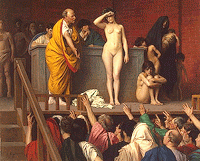 Can I buy slaves in NeoExodus Legacies? Yes, you can.
Can I buy slaves in NeoExodus Legacies? Yes, you can.
Is there a group of anti-slavery? Not as an organized "Andoran League". Many individuals take it upon themselves to free slaves - or destroy slaving rings. However there is - as yet - no major anti-slavery league.
What form does it take? Like the nations of Exodus itself, slavery varies from one place to the next. However, slavery resembles more the "Roman model". Slaves are not kept in cages - most slave owners consider their slaves to be valuable property, and treat them accordingly.
How are slaves treated? Again, it depends heavily upon the nation where they are enslaved.
Arman Protectorate: The Protectorate officially does not condone slavery. However, its laws are, at best, nebulous about slavery. In the Protectorate, richer nobles lord over serfs in slave-like conditions. Serfs are officially freemen, but they are not allowed to leave their lord's lands without approval. Enslaving citizens is expressly forbidden and carries a heavy penalty (usually death).
Caneus Empire: Officially, slavery does not exist in the Caneus Empire. The Caneus Empire however supports and recognizes indentured serfdom. A serf is legally a freeman however, their lives are heavily regimented. They are forced to work three days a week for their owner. Disobedience and rebellious behavior is heavily repressed, but even that is clearly codified by a hefty set of laws. Serfdom is never a life-long affair with the maximum sentence being around 10 years. Rebellious or constant misbehaving may lengthen the duration. Although the law allows for the servitude of nobles, such service is exceedingly rare, Reserved as a humiliation method.
 Dominion: In the Dominion, slavery is part of the institution. The very rich own slaves who are part of the casteless. The Dominion practices and recognizes chattel slavery where generational slavery exists. Because they are at the bottom of the caste system, slaves generally do the worse tasks. In spite of all this, the Dominion has strict rules regarding the humane treatment of slaves. Slaves who can prove inhumane treatment are frequently freed from bondage by the many magistrates. Owners must ensure his slaves are well-fed, sheltered, protected from danger and received medical care. Slaves are allowed to marry, have children (who cannot be sold or split from their parent until they reach the age of 13), own property, and may purchase their freedom at any time.
Dominion: In the Dominion, slavery is part of the institution. The very rich own slaves who are part of the casteless. The Dominion practices and recognizes chattel slavery where generational slavery exists. Because they are at the bottom of the caste system, slaves generally do the worse tasks. In spite of all this, the Dominion has strict rules regarding the humane treatment of slaves. Slaves who can prove inhumane treatment are frequently freed from bondage by the many magistrates. Owners must ensure his slaves are well-fed, sheltered, protected from danger and received medical care. Slaves are allowed to marry, have children (who cannot be sold or split from their parent until they reach the age of 13), own property, and may purchase their freedom at any time.
Slaves taken by the gevet tribes are the exception. They are used in the deadly games the matrons often engage in. Gevet barely respect and follow the laws in general. Female slaves taken by the gevet often live in luxury with the matrons.
Gavea: In Gavea, slavery is rare. Captive taken in times of war are called "bonded" and are kept as hostage to ensure peace. These "slaves" are owned by the community rather than an individual. They are free to move, free to marry, have children, own property. They must remain within the confines of the village, unless accompanied by villagers. They are "bonded" and forced to wear a metal collar to identify themselves. In times of war, many a hostage earned his freedom - often by siding with the village than enslaved them against outside threats.
Imperial Alliance: The Imperial Alliance has no official stand on slavery. However, a number of Senators have begun talking about abolishing it throughout Exodus. The lands of Koryth harbor escaped slaves from every other nation. Some have formed small communities or live away from others in the wilds of Koryth.
Janus Horde: The Horde is too new to have any form of institutional slavery. However, it takes and maintains many slaves. Slavery to the Horde is usually a lifelong affair. The Horde treats its slaves harshly: those who show rebellious attitudes receive any number of punishment from lashing, branding (often in the face), maiming (hands or feet), to summary execution. Slaves must do what they are told without question or face whatever punishment the warriors have for them. The lowest class, the villeins - or non-warriors - are effectively slaves. Those who can carry a weapon and chose to side with the Horde often take their freedom back.
Reis Confederacy: Like most things in the Confederacy, things are heavily dependent on the individual slave-owner. Treatment goes from horrible to quite humane. Making any kind of blanket statement other than "slavery is legal in the Confederacy" is impossible.
First Ones: The First Ones treat everyone like their slaves and property. No good things can ever involve the First Ones.
Where can I get slaves? Most slaves come from one of the following sources. First from the captured villeins of the Janus Horde (only the Dominion practices this on any scale). Horde warriors are too dangerous to enslave. Second in Gavea, where the Brotherhood of Khayne and mainland slavers occasionally raid settlements for slaves. Finally, in the Reis Confederacy, many slavers have deals with warring city-states to buy prisoners from the many intestine wars the constantly rock the Confederacy.
In short, slave markets operate openly in the Dominion, the lands of the Horde (if you can pass yourself off as one of them) and parts of the Confederacy. They are quite reviled in the Protectorate and Koryth. In the Caneus Empire, some bondsmen often "pay off the debts" of commoners in return for servitude, and nobles in return for favors.
JP


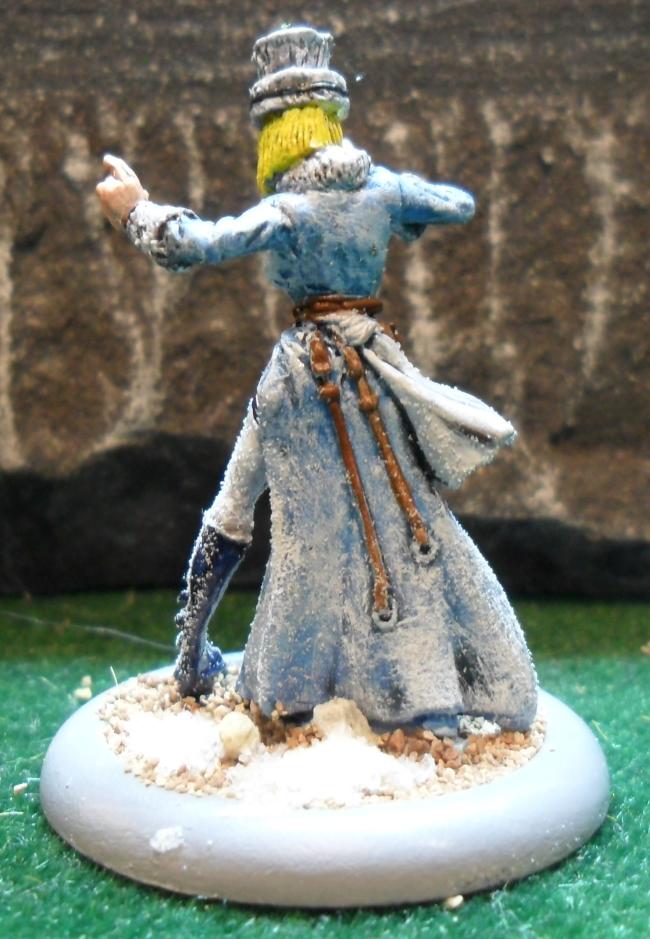



 Now this is where I started to hate this resin. There are many people who have already mentioned the bad casting, the bubbles in the mold and the odd flash. The bigger the model, the bigger the issues. Using my carpenter's glue & Zap-a-gap combination, the pieces held together fairly easily. I had to score the resin a little (which was easy). However the creature's arms feel very weak.
Now this is where I started to hate this resin. There are many people who have already mentioned the bad casting, the bubbles in the mold and the odd flash. The bigger the model, the bigger the issues. Using my carpenter's glue & Zap-a-gap combination, the pieces held together fairly easily. I had to score the resin a little (which was easy). However the creature's arms feel very weak.


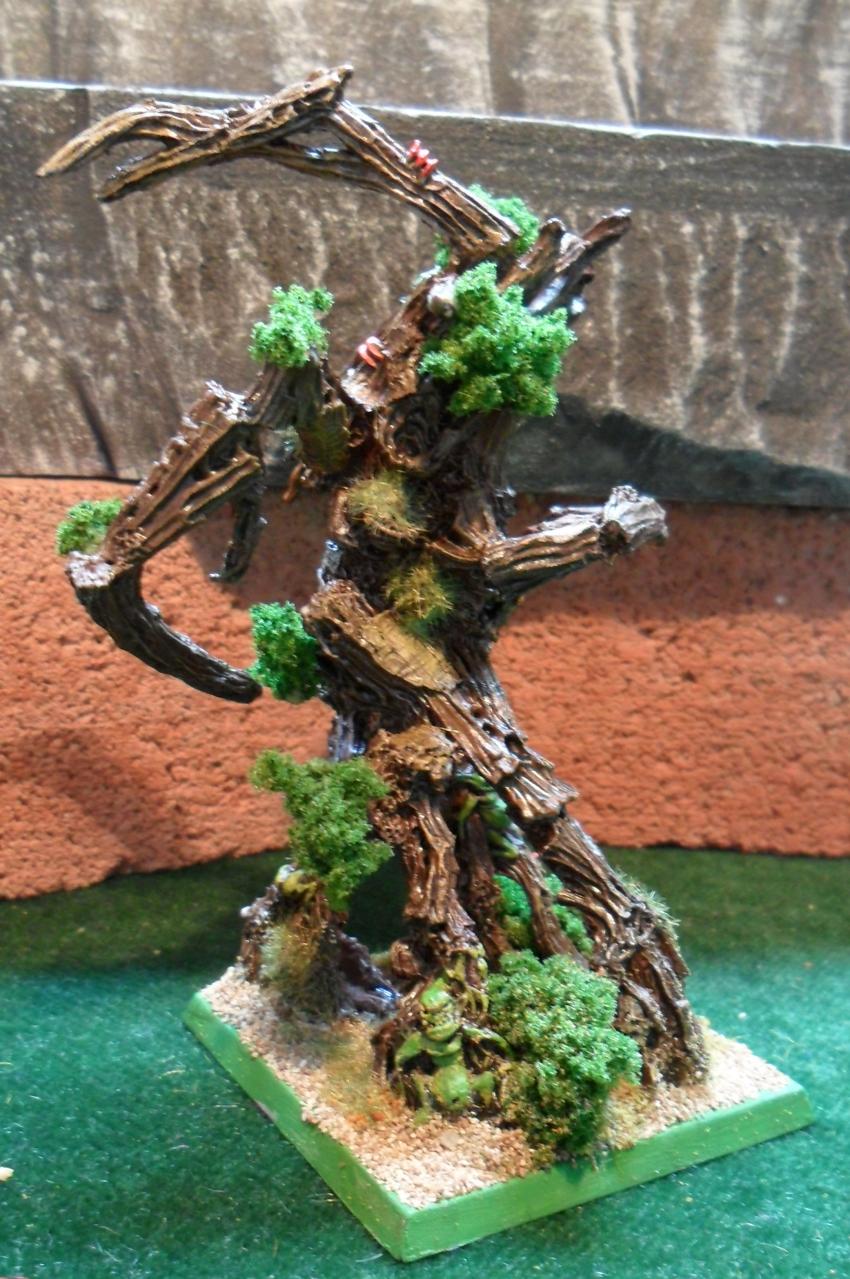


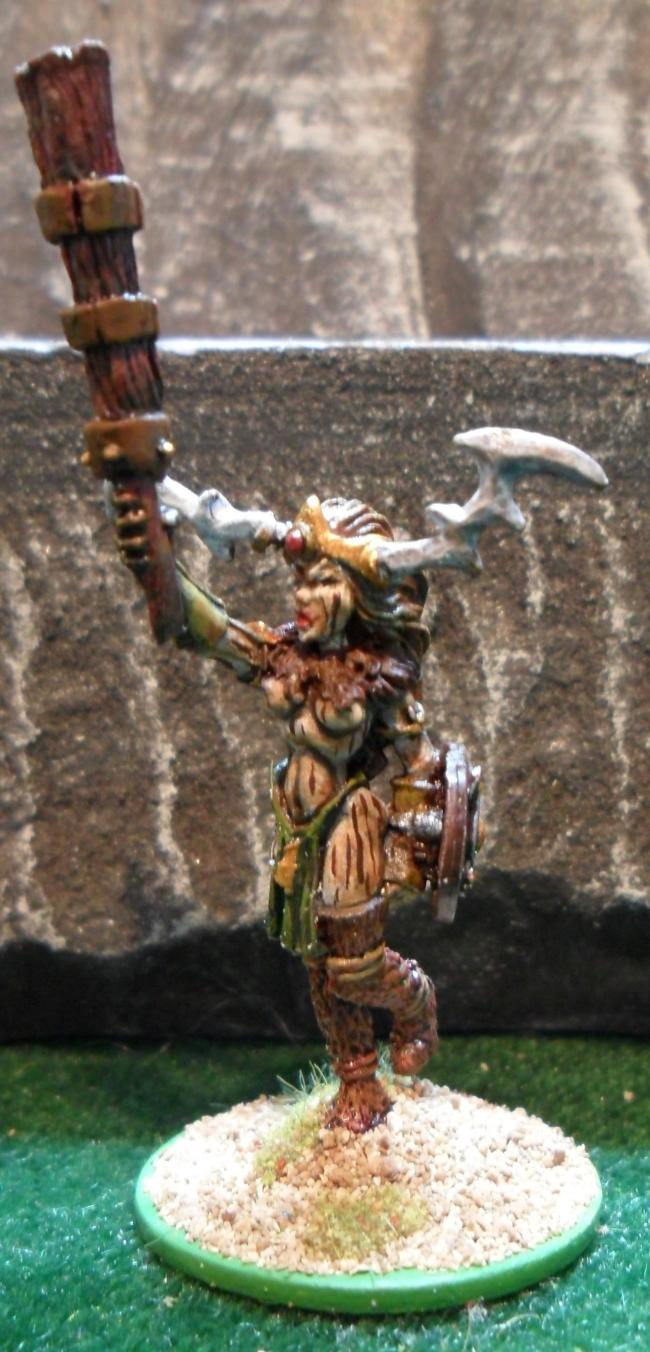


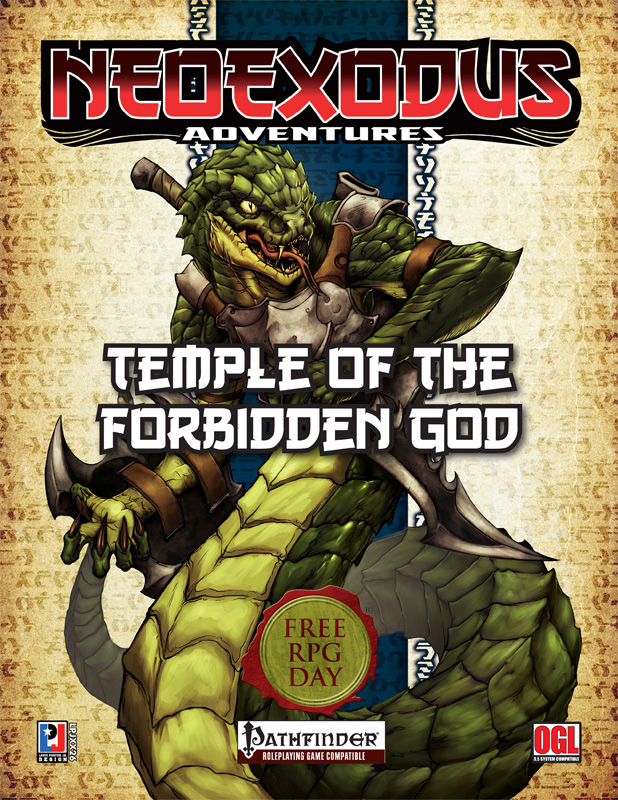
 So the first one I started working on will deal with the Protectorate and the conquests in Sametia. So far this year, the topic was discussed in adventures, but many PCs have yet to experience Sametia. Plus it gives me an opportunity to advance the timeline of Sametia, from what players saw last yet in
So the first one I started working on will deal with the Protectorate and the conquests in Sametia. So far this year, the topic was discussed in adventures, but many PCs have yet to experience Sametia. Plus it gives me an opportunity to advance the timeline of Sametia, from what players saw last yet in  Part of my design, included a way to seamlessly integrate the awesome stretch goals we hoped to reach (Owen KC Stevens reached YEAH!). I can only hope that we reach Lee Hammock and Richard Farrese, two of the guys who did a LOT of work on NeoExodus in its initial incarnation. I would just LOVE to work with them and make "Temple" into something just MASSIVE.
Part of my design, included a way to seamlessly integrate the awesome stretch goals we hoped to reach (Owen KC Stevens reached YEAH!). I can only hope that we reach Lee Hammock and Richard Farrese, two of the guys who did a LOT of work on NeoExodus in its initial incarnation. I would just LOVE to work with them and make "Temple" into something just MASSIVE.
